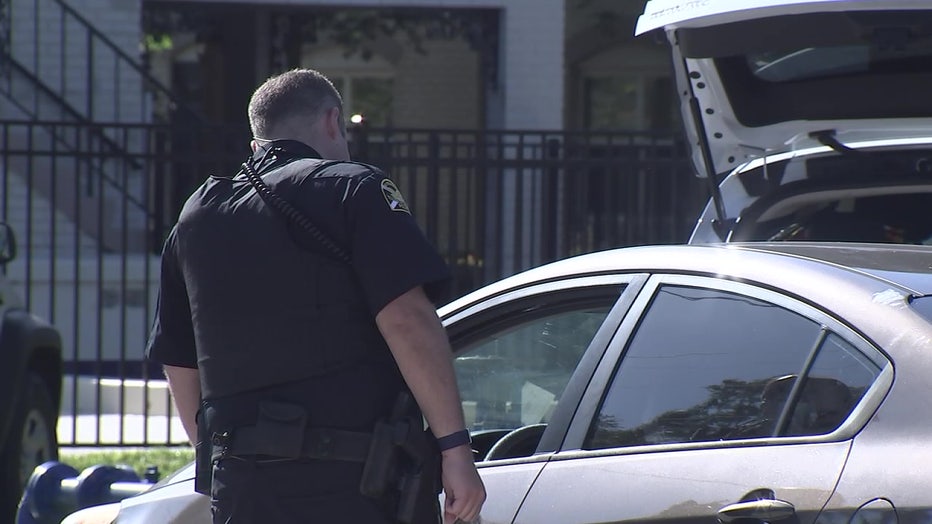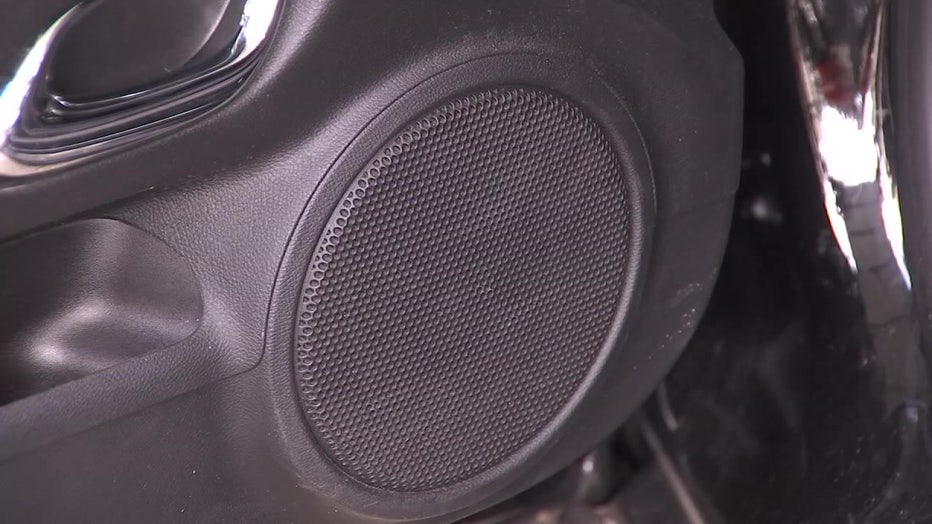New Florida law allows officers to cite drivers with music deemed too loud
TAMPA, Fla. - A new Florida law will allow law enforcement officers to cite drivers if their music is deemed too loud.
You've likely pulled up to a car blasting music at the stop light with the bass pumping so loud it's vibrating. Come July 1, officers will be cracking down on those drivers who refuse to turn it down.
"I think it's great because it's so annoying to pull up beside someone and have whatever kind of music they're playing that you hear every word and every beat," driver James Gonzalez said.
Under the new law, drivers may not amplify their car stereo to a level where the sound can be plainly audible from 25 feet away or more. If they do, officers could conduct a traffic stop and issue a citation of up to $114.

PREVIOUS: Residents report noise issues as Tampa City Council weighs potential changes to noise ordinance
"I'm guilty of it. I've had my music and decent size and I won't hear the ambulance, you know, I see the lights in them and I stop immediately," another driver said. "But like I said, I'm on the fence because, you know, you don't want to violate anyone's constitutional right."

In 2012, the Florida Supreme Court ruled a similar law unconstitutional because it exempts political and commercial vehicles from being fined. The new law has no exemptions, but does have stricter rules when it comes to vehicles near residential areas, churches, schools and hospitals. In those cases, the 25-foot rule doesn't apply meaning officers can write citations if they believe the music is simply "louder than necessary."
"They can stop you know in front of the school when you're really expressing your constitutional right. I believe at the end of the day, what the legislature did by including that provision, I think they set themselves up for failure because now you are making additional restrictions, and you're treating two different areas differently," Attorney Anthony Rickman said.
The new law will not apply to car horns or honking sounds, which are considered lawful warning devices.


